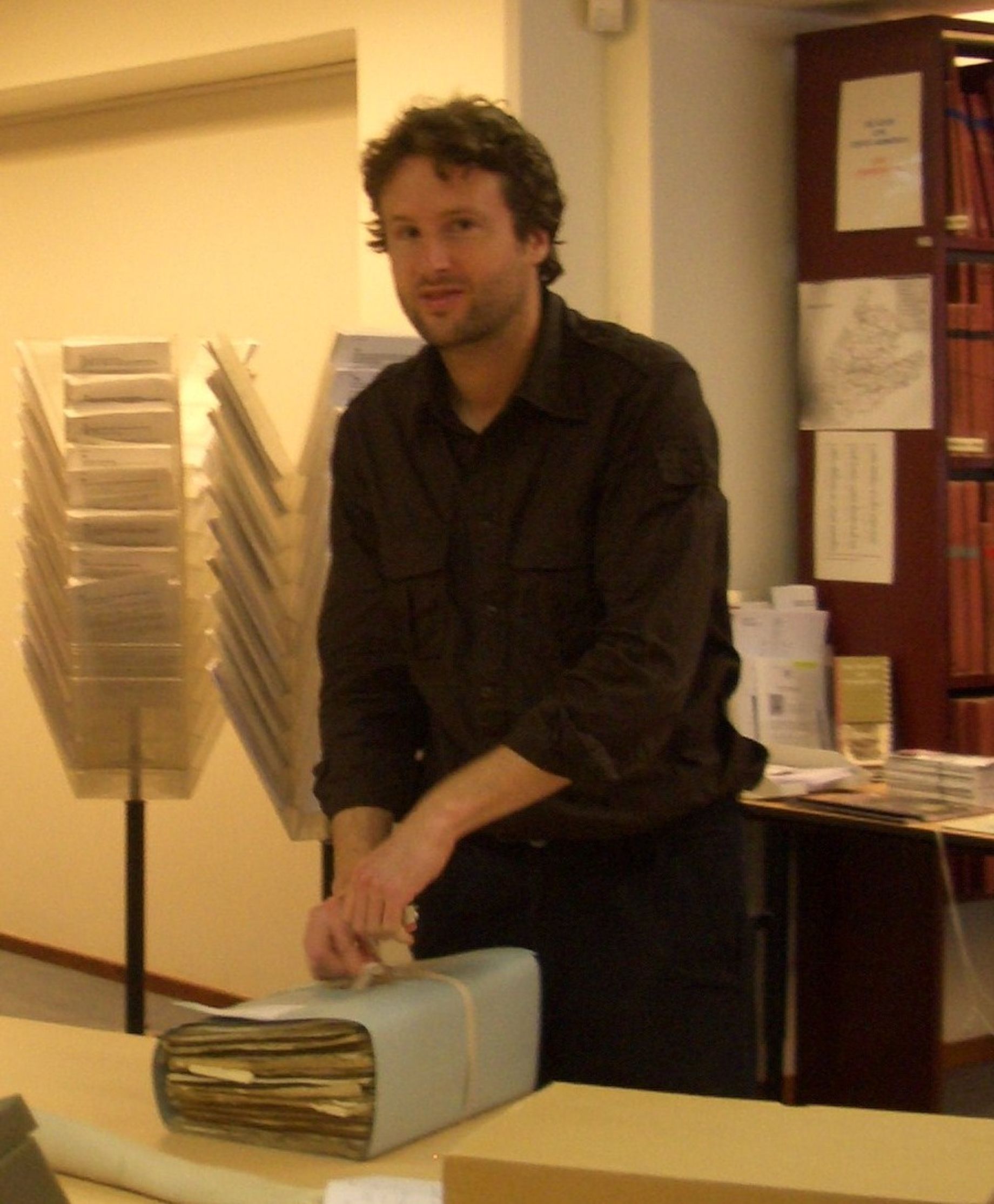The Ethics of Exception: Attitudes Towards Rules and Individual Judgement in the Persianate and Latinate Worlds in the Early Modern Period (1300-1700)
Kruijtzer's current project "The Ethics of Exception: Attitudes towards Rules and Individual Judgement in the Persianate and Latinate Worlds in the Early Modern Period (1300–1700)" compares the part of the Christian world where Latin was the shared written language (Western and Central Europe) with the part of the Islamic world where Persian was the lingua franca of courtly elites (Iran, Central and South Asia). In both these regions, the rules founded in the moral authority of sacred texts did not always mesh with individual lives. That friction is the object of Kruijtzer's study. What strategies were available to escape the rules and how did those strategies develop over time? And how were the different strategies evaluated by contemporaries? The study aims to enrich current debates on the application of rules and individual judgement, as the conflicting and contradictory heritage of the period 1300–1700 appears still to be relevant in both regions.


